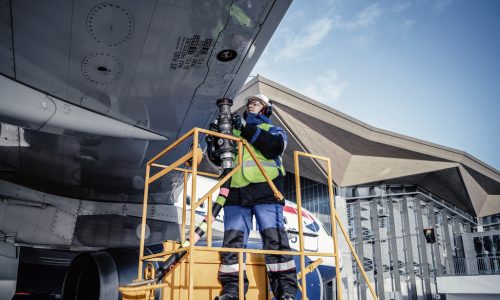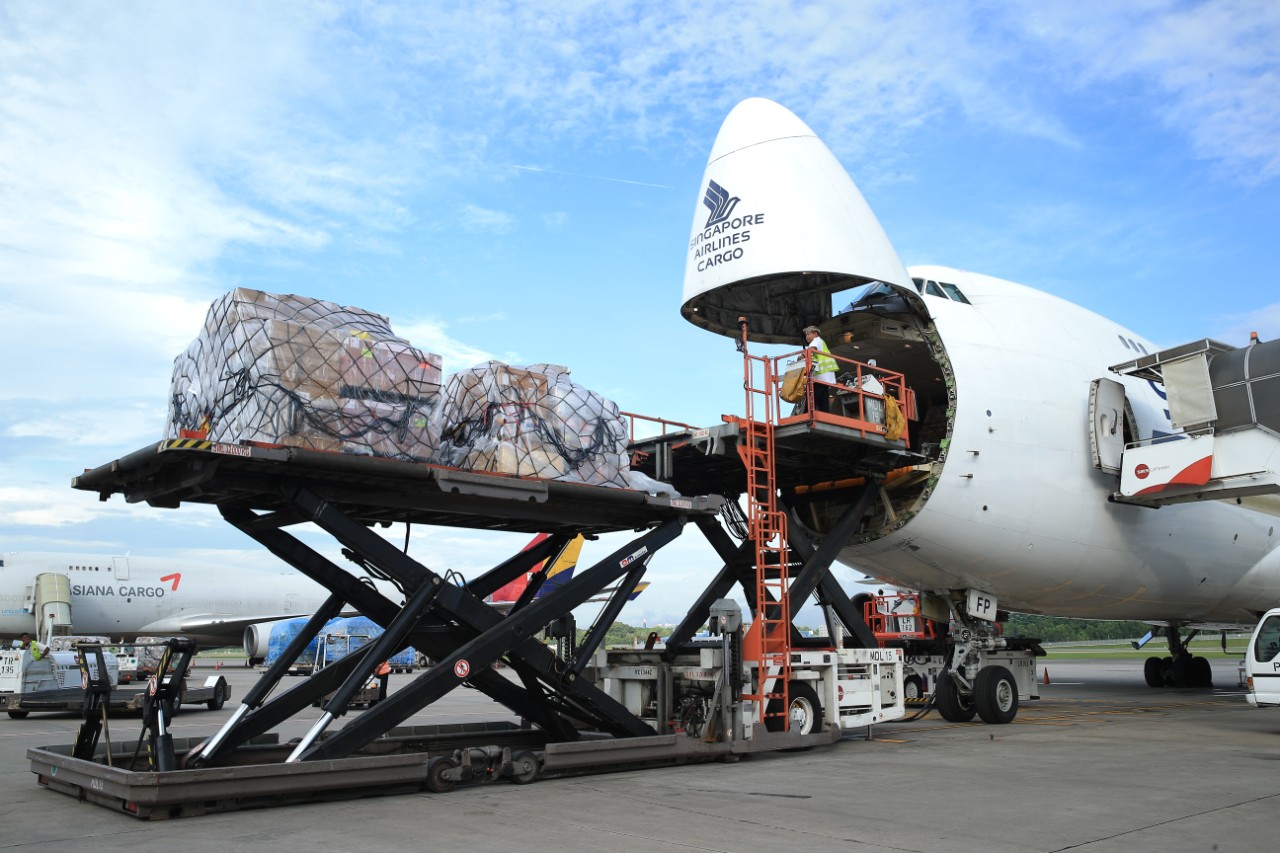East Midlands Airport’s (EMA) global cargo connectivity is powering businesses in the UK Midlands to a competitive advantage, according to newly commissioned research.
Research conducted by York Aviation on behalf of EMA, highlights the importance of well-established freight integrators DHL, UPS, FedEx, Royal Mail and, increasingly, Amazon at EMA which, between them, provide direct connectivity to Europe and the US.
EMA’s position as the UK’s international centre for express air freight allows for high-value goods to be moved rapidly and to strict deadlines.
These services are critical for the global supply chains of companies that are important to the Midlands economy, particularly advanced manufacturers, and the aerospace sector. In March this year alone, £1.4bn worth of goods were exported through the airport.
The impact of the UK’s largest dedicated air cargo operation benefits the whole of the UK, but businesses across the Midlands are the big winners thanks to the airport’s direct global connectivity.
The ‘hub-and-spoke’ operation means that 185 of the world’s largest cities including ‘powerhouses’ such as New York, Singapore, Dubai, Hong Kong, Tokyo, Paris, Mumbai, Jakarta and Frankfurt (to name a few) and ‘second-tier’ cities such as Bogota, Tel Aviv, Cape Town, Seattle, Nairobi and Panama City can be reached from EMA with only one stop.
Further demonstrating the significance of the EMA operation, the research also reveals:
- the value of the goods exported through the airport is twice that of imports. This shows a regional economy that is adding significant value to UK plc.
- customs value of exports (per tonne) through EMA are £335,000, compared to £180,000 at some other UK airports. This is 1.9 times higher than the average for a tonne passing through other UK airports which strongly demonstrates that air cargo is used for high value goods that require speed and/or security of delivery. However, this does not wholly reflect the full economic value of, for example, just-in-time supply chains
- the growth in cargo volumes at EMA reflects how the East Midlands as a whole has outperformed the rest of the UK for exports since 2017. This suggests a region that is becoming more internationally focussed. The proportion of foreign direct investment (FDI) in manufacturing in the East Midlands, at 36%, is around double that across the UK as a whole
The Midlands is already home to a cluster of advanced manufacturing firms, which typically rely on the import and export of time-sensitive commodities and are a source of high value jobs, creating significant value for the region. Its these strengths that have driven the Freeport proposition in the East Midlands, the final business case for which has now been submitted to government.
While advanced manufacturers make up the majority of users of the air cargo services from EMA (54% of non-EU exports by value) other major beneficiaries include aerospace (27% by value), healthcare pharmaceuticals and automotive sectors. Fashion and household items equate to about 10% of both import and export volumes.
Aviation Minister, Robert Courts MP, says: “We know how critical quick access to the world’s most important economic powerhouses are to businesses, especially in sectors like advanced manufacturing, and so the links provided by East Midlands Airport will undoubtedly enhance not just the attractiveness of the Midlands, but the UK as a whole.”
Handling over 448,000 tonnes of goods per year, East Midlands Airport is second only to Heathrow in terms of the total volume of goods it handles but, by some way, has the UK’s largest share of the freight-only aircraft market.
Since 2013, EMA has seen a steady growth in annual cargo volumes, but the Covid-19 pandemic supercharged this. In 2020, volumes were up 13% on the previous year which increased the airport’s share of the overall UK air cargo market.
This growth reflected greater consumer use of e-commerce during lockdowns, but also a move by businesses to use more secure end-to-end supply chains. While the pandemic resulted in unprecedented growth, a proportion of this new business is expected to stay, as users make a permanent switch to dedicated air cargo specialists that operate out of EMA. In March 2022 alone, over £1.3bn of goods were exported through the airport.
Clare James, East Midlands Airport’s Managing Director, said: “Airports are important assets to the regions they serve. What this analysis shows is just how critical EMA is to the sectors that generate economic value and employment for so many people locally.
“As the UK continues to establish new relationships with key economies around the world, the airport will play an increasingly important role in the safe and speedy movement of time-critical and high value goods in and out of the UK.
“In doing so, it will continue to make a significant contribution to strengthening the East Midlands as a globally connected international economy.”

